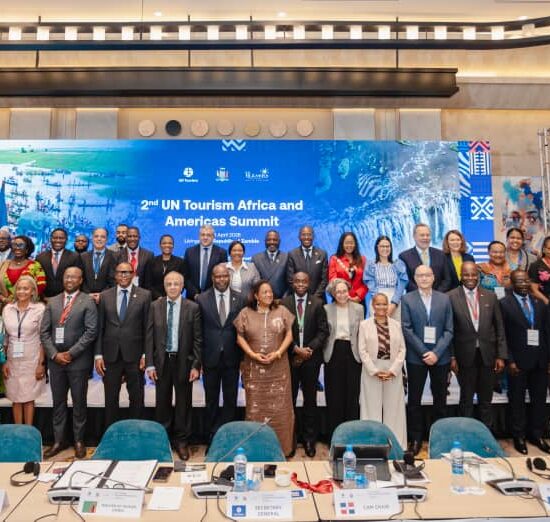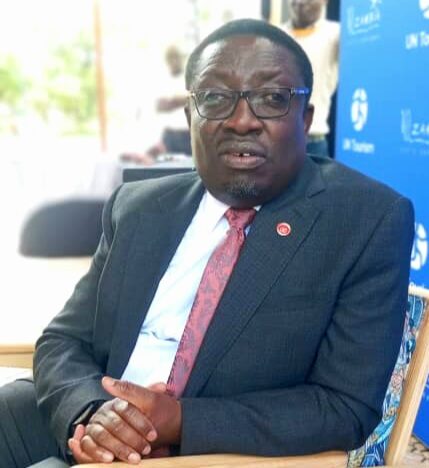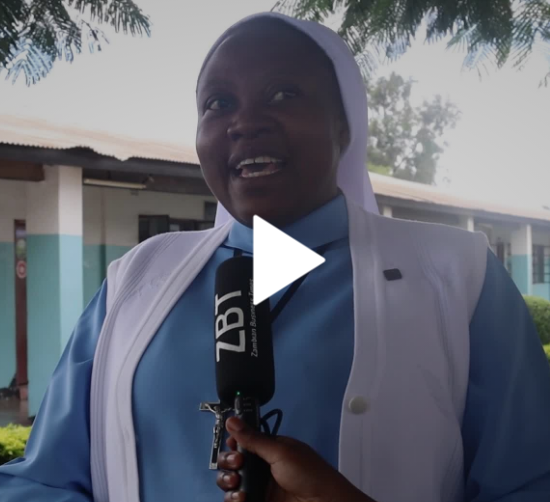
Most imported drugs into Zambia are sub-standard and not certified and this is one of the areas the new board at Zambia Medicine Regulatory Authority (ZAMRA) should look at to bring sanity and safeguard public health.
The World Health Organization – WHO does certify medicines but you find that most of the drugs landing in Zambia don’t have this certification. This has opened up the Zambian public to counterfeit drugs as the local process of certification has been porous.
Pharmaceutical expert Jerome Kanyika says the rate of recalling of medicines that has been happening lately is an indication that ZAMRA is not doing its job in ensuring that the quality and standard of medicine is certified before being circulated to the public.
Speaking in an exclusive interview with Zambian Business Times-ZBT, Kanyika said there has been reports of a lot of political interference with some of the people who bring medicines into the country who work with some top government officials and end up intimidating the regulator who fails to follow the correct procedure.
He said most of the drugs that go into government circulation do not go through the process of certification because they come in like an emergency and end up been used while they are being certified.
Kanyika noted that it is normal to recall medicines once every two years and this should normally be initiated by the manufacturer themselves and not the regulator so the current happenings are very alarming.
“Under normal circumstances, the rate of recalling medicines from circulation should not be as much as it has been lately, the way we are recalling drugs speaks volumes because within a short period of time we have done it many times. You cannot recall so many medicines in two years as has been the case since 2019”, he said.
Kanyika also mentioned that the World Health Organisation (WHO) does not certify most of the drugs that are manufactured from the pharmaceutical companies that the country gets its medicines from adding that Zambia buys substandard medicines at a low price points.
“The other problem is that we also go for cheap products instead of buying quality products, we go for sub-standard medical products without considering the consequences of such actions because they are cheaper”, he said.
“Provided someone is selling it at a cheaper price, we don’t question ourselves to say why is this medicine selling at a lower price than this one, we don’t even check to see if a pharmaceutical company is certified by the WHO or not”, he said.
Kanyika added that countries like Zimbabwe ensure that the regulatory body travels to inspect the pharmaceutical company that manufactures drugs before registering it on their market. But this is not the case in Zambia.
“In Zambia, as long as you have written good English and put up a big profile about your company then it will be certified and you will be given market authorisation”, he said.
“When registering a drug, I can buy medicine from a well-known pharmaceutical company, put it in a pack, claim that I manufactured it and submit it to the regulator to say this is the medicine I will be bringing in this country but when the regulator goes and inspects the pharmaceutical company, such issues will not be there”, he said.
Kanyika noted that studies that were conducted showed that 80-85% of the medicine in Zambia is substandard adding that the United States of America (USA) wrote a letter to tell its citizens not to buy medication coming to Zambia because it was substandard.
“I don’t know if it’s the regulation of the law or the people regulating who are very week but I suspect it’s the people who are failing to execute their duties well”, he said.
When contacted for their side of the story, then Ministry of Health Spokesperson Dr. Abel Kabalo said he did not have full details on the matter but stated that whatever product is not fit for human consumption is recalled from circulation.







